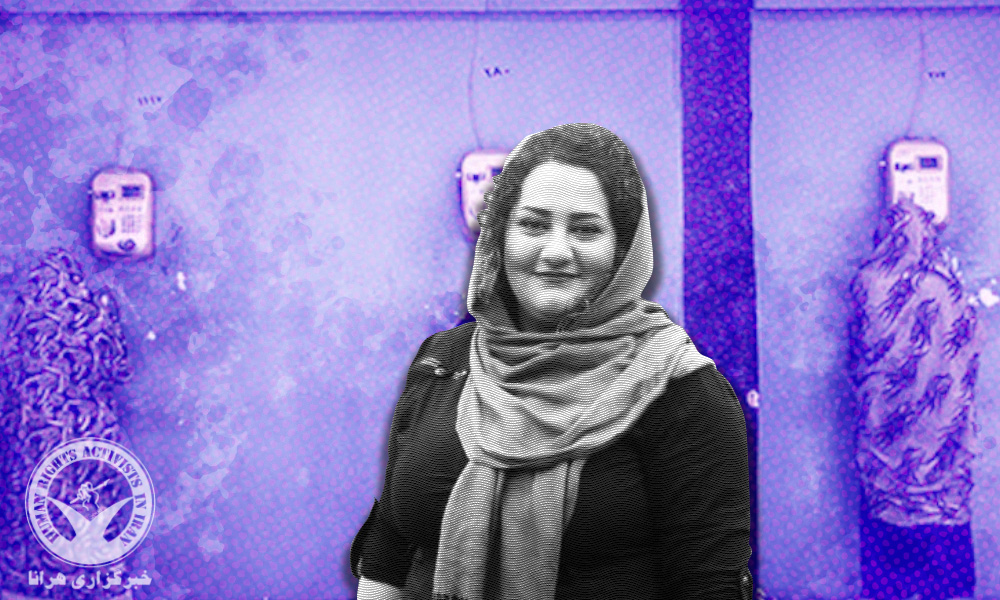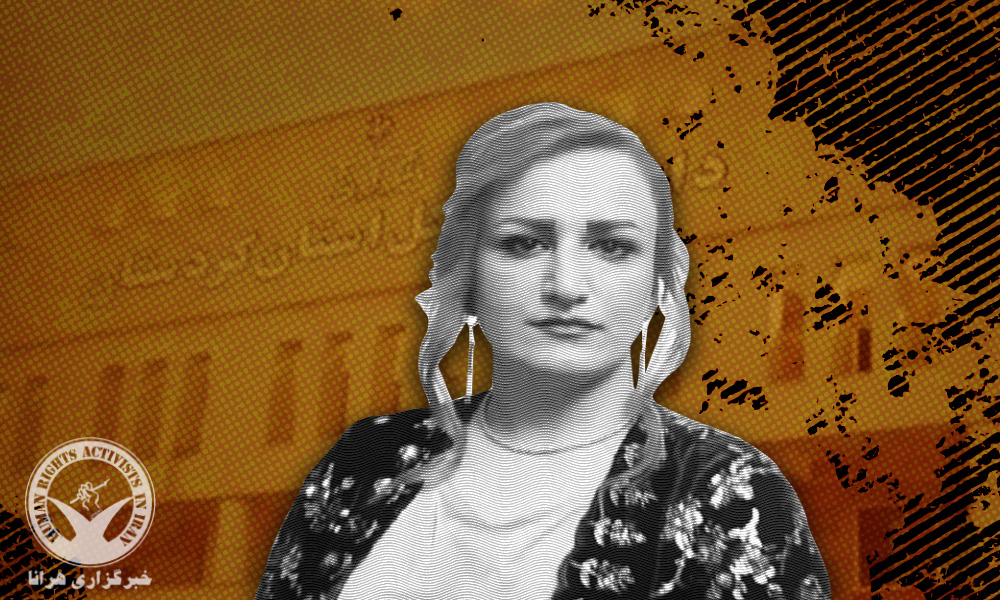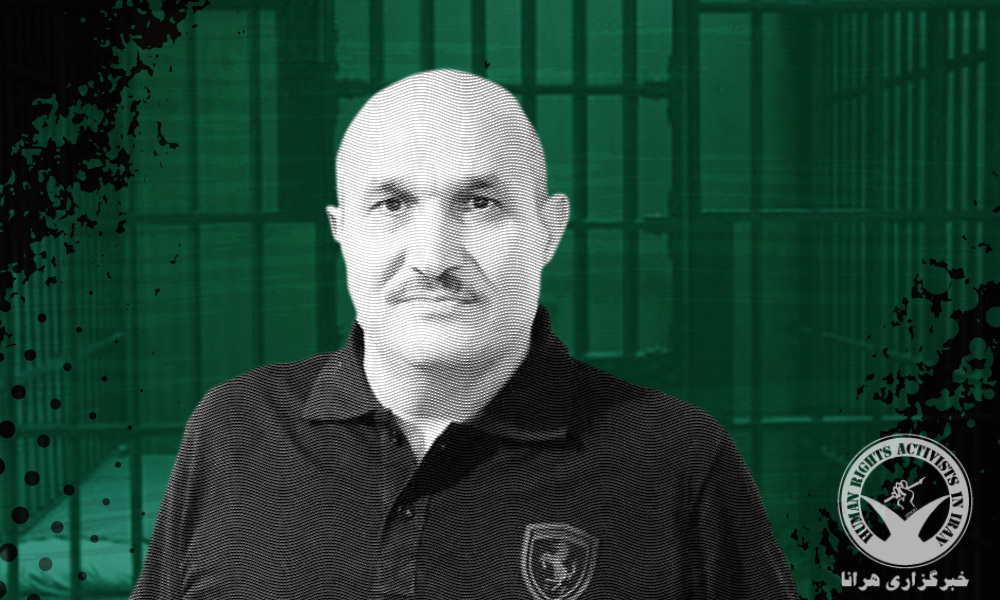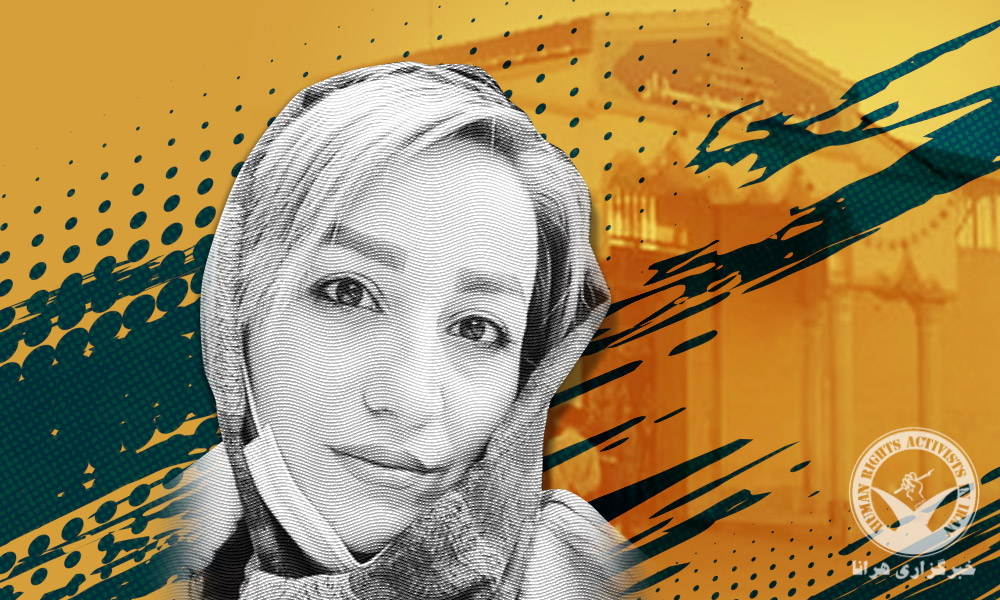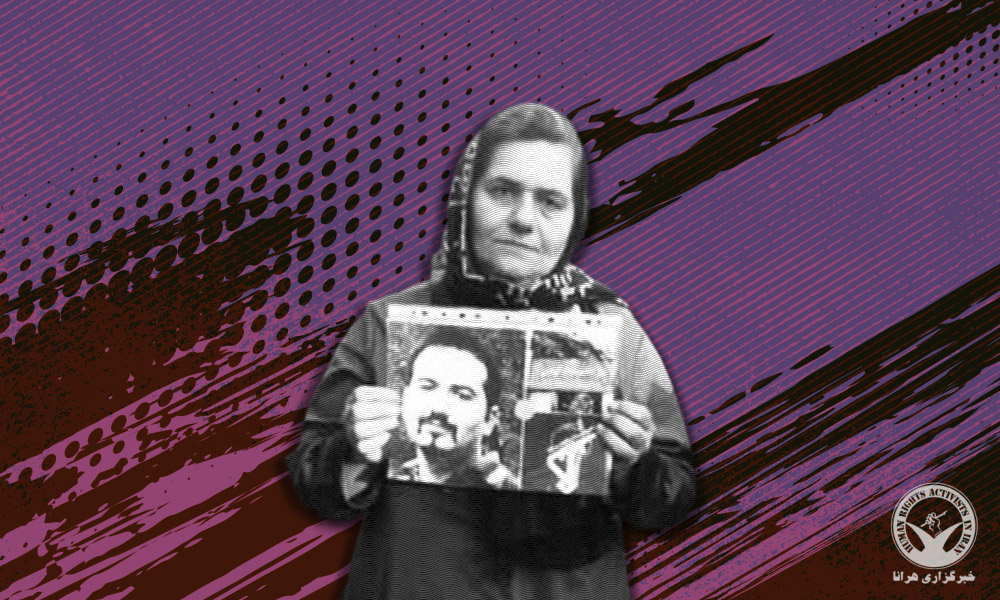After two months in detention, civil activist Atena Daemi is still incommunicado in Rasht’s Lakan Prison.
According to HRANA, the news agency of Human Rights Activists, her family has not heard from her or received updates about her condition in two weeks, and it seems she is being denied access to phone calls, mounting concern about her situation.
On August 12, in protest against the intentional and frequent interruption of prison phone lines and the poor conditions within the prison, Atena Daemi went on a hunger strike. She broke her hunger strike after five days, after authorities restored her access to a telephone. However, according to an informed source, even at the time, she had been allowed to have only five minutes of phone time with the presence of a prison guard or at the office of the head of the prison.
Atena (Fatemeh) Daemi was sentenced to 14 years in prison on May 15, 2015, by Branch 28 of the Revolutionary Court of Tehran, headed by Judge Mohammad Moghiseh, on charges of “assembly and collusion against national security, propaganda against the regime, and offensive statements against the supreme leader”. The verdict was reduced to seven years in the court of appeal, from which five years is enforceable grounded on Article 134 of the Islamic penal code.
She began serving her prison term in December 2016. In 2018, while enduring her sentence in the women’s ward of Evin Prison, she and Golrokh Ebrahimi, another civil activist, faced a new case, for which they were sentenced to an additional three years and seven months in prison by Branch 26 of the Revolutionary Court of Tehran.
The verdict was upheld by the court of appeal. By applying Article 134, two years and one month of this term are enforceable. Additionally, they were condemned to a two-year prohibition from membership in political groups and parties.
Once again, in July 2020, the Revolutionary Court of Tehran opened a new case and sentenced her to two years imprisonment and flogging of 74 lashes. Her request for a retrial was dismissed by the Supreme Court of Iran in March 2021. She and her family have been frequently under pressure by security forces and judiciary officials.
On March 16 of this year, she was transferred from Evin Prison to Lakan Prison in Rasht.



